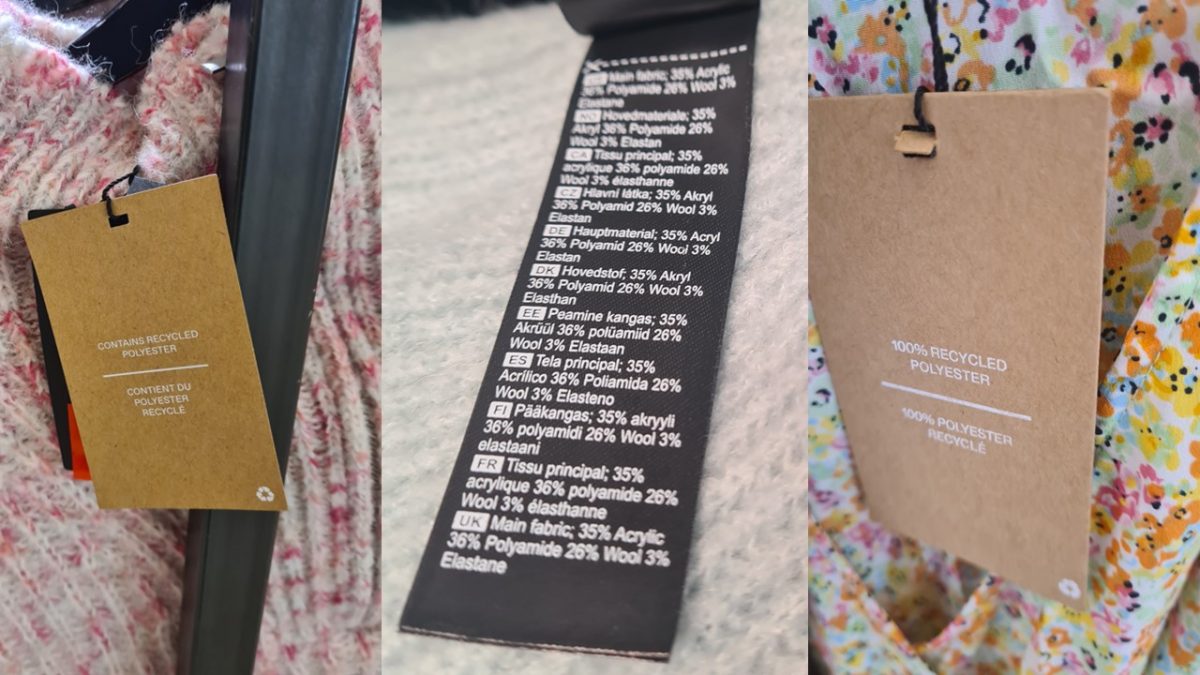Deplastification

Novel strategies for plastics volume reduction in the clothing industry
The project is financed by the Norwegian Retail Fund and will explore reducing the volume of plastics in the textile sector.
The most common strategies to limit the total volume of production are aligned with the circular economy framework. They are aimed at product lifetime extension, including producing more durable products, and improving reuse and repair. In turn, a common approach in reducing the proportion of virgin synthetic fibers in circulation is that of recycling.
However, researchers active in the field of sustainable textiles are wary of the effectiveness of these strategies. The state of the art in scientific research indicates that product lifetime extension has considerable limitations in reducing textile production volumes. Such an approach assumes that consumption dynamics follow a logic of replacement, where goods are acquired in order to substitute unsatisfactory items, and therefore product demand can be confronted by extending the useful life of garments. However, in previous studies of clothing flows in the wardrobe, we have noticed that replacement drives only a minority of new product demand.
Reducing the volume of plastic in circulation through textile recycling has considerable limitations as well. Firstly, most plastics recycled into textiles come from PET bottles, capturing plastic that could be recycled many times in the same form and mixing it with other materials, which hinders further recycling and promotes microplastic release. Moreover, designing truly recyclable synthetic textiles requires using mono-materials, and therefore a bigger proportion of synthetics than is commonly used. The opposite of what the global plastic treaty is aiming to achieve.
In the project Wasted Textiles, we have uncovered that reduction in plastics is neither discussed in political nor company strategies and is not found in any design tools or matrixes. Therefore, we propose to conduct research to identify strategies among the more visionary companies nationally and internationally, and their acceptance by industry, as a first step to consider their impact.
This explorative research will use anonymous online interviews with responsible staff in the companies and organizations we will approach or we otherwise discover through snowball sampling.
Participants at SIFO
- Irene Maldini
- Ingun Grimstad Klepp
Participants
- Tone Skårdal Tobiasson